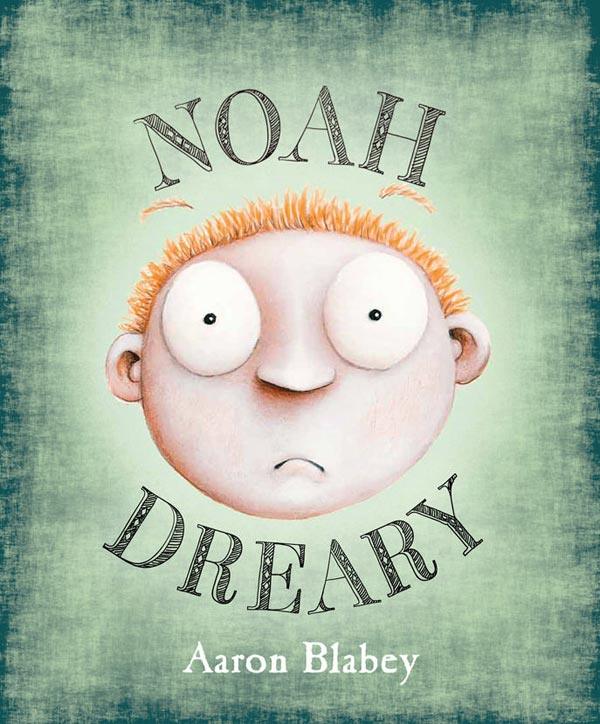Maura Pierlot, Fragments: Journeys from Isolation to Connection (2nd ed.), March 2023, 126 pp., RRP $24,99 (pbk), ISBN 9780645099812
Eight lives untethered.
Eight voices in the dark.
Eight stories of adversity.
Eight lost souls searching for hope.
And one compelling and transformative work, with an urgency to be seen.
When I received the call telling me I had been cast in Maura Pierlot’s Fragments, I was existing at one of the lowest points in my life. It was lockdown part two, and as a high school student, struggling to juggle my study load, declining mental health, and a world crumbling in front of my eyes, I felt an overwhelming sense that I could never be enough. So, I picked up my copy of Fragments, and in just a few pages, Pierlot’s insightful work brought my experience to life, telling me that I would be ok.
Fragments follows the stories of eight young people, shedding an accepting light on the complex issues facing our youth today. Structured in a series of monologues and interludes, the text reinforces just how universal mental health is, and that whoever you are, you’re not alone. As an avid reader, this play captured my attention immediately, completely immersing me in the lives of the characters until the final page. Each monologue captures a unique voice, and more importantly an authentic one. Too often are “young” characters crafted and imposed on by uninformed older voices, but Pierlot absolutely hits the mark on what it means to be a teenager.
Young Adult fiction can have such a transformative power on its audiences; thus the elevation of sophisticated and complex works is essential in maintaining a positive and empowered impact. In such a key developmental stage in our lives, teenagers can grow with the work we consume, and this consumption requires a considered conversation about what messages we require in our lives. The conversation surrounding mental health has historically been a flawed one, my own experience in school being little to no education around wellbeing. So, what do teenagers do? We read, we watch movies, we turn to social media to gain some level of understanding about our world. When these platforms stigmatize mental health as a negative thing, or abandon those issues for shallow romances, or Disney stamped teenage experiences, its no wonder most of us enter our adult lives believing our lived experience doesn’t matter. As a teenager, I am sick and tired of being fed the same destructive narratives. Stories telling me to base my self-worth off the opinion of others, that all my issues can be solved with the wave of a magic wand, and the glitter drenched façade of a happy ending. The real truth is that those happy endings are fragile, and for many of us, unachievable. Fragments acknowledges this reality. Each character undertakes a raw, reflective journey, and as audience we are left on a cliff-hanger, hoping for that light at the end of the tunnel. In this way, Fragments cleverly challenges the genre, offering a complex narrative without spoon feeding us all the answers.
My own reading and experience with the various adaptations of Fragments has allowed me to further examine my own life and carry greater acceptance into the conversations I have with other people on their journeys. The play tackles the tough questions, confronting narratives and perspectives that would be easy to turn away from, but Pierlot’s writing forces us to pay attention and offers an exemplary model for the way we should address issues in young adult fiction.
Try as I might, I cannot recommend Fragments nearly as much as it deserves, and such a text urgently calls for an audience of young people. As I reach the conclusion of my high school studies, I wish to have had access to resources like this, texts beyond any curriculum authority’s understanding of teenagers, rather work that authentically represents who we are. Luckily for schools, Pierlot’s work has been further adapted, as a book, stage play and now a web series, a shining example of intertextuality. Teachers can rest easy, knowing their curriculum needs are met, but more importantly, students of all different abilities and learning types can access and engage with Fragments, and learn and develop at their own pace.
Maura Pierlot’s Fragments offers a raw, authentic glimpse into the lives and struggles of young people. The play and web series are essential experiences for any young person searching for the light at the end of their tunnel, and a literary space where they can exist as more than just a fragment.
Reviewed by Jade Breen






